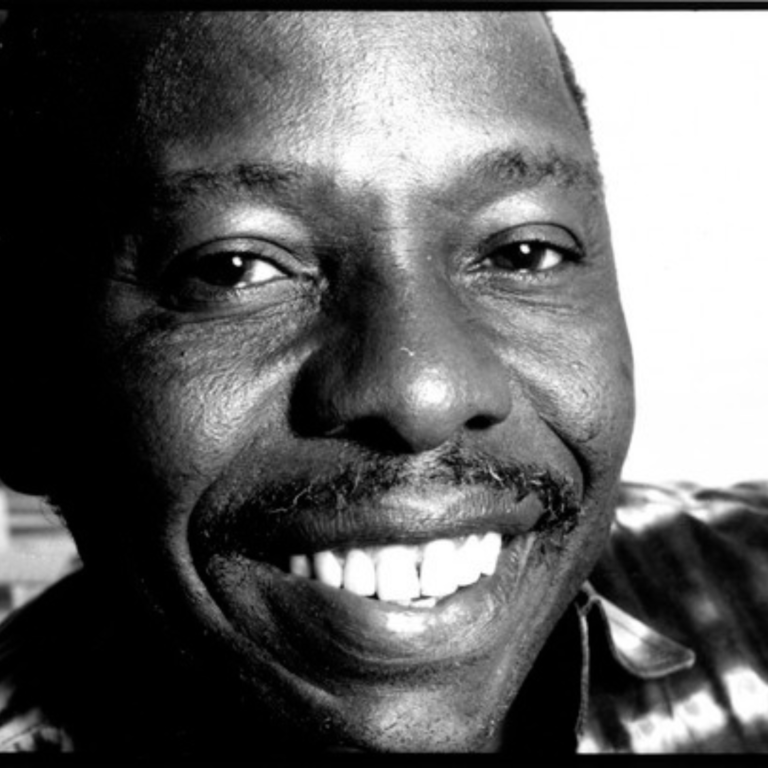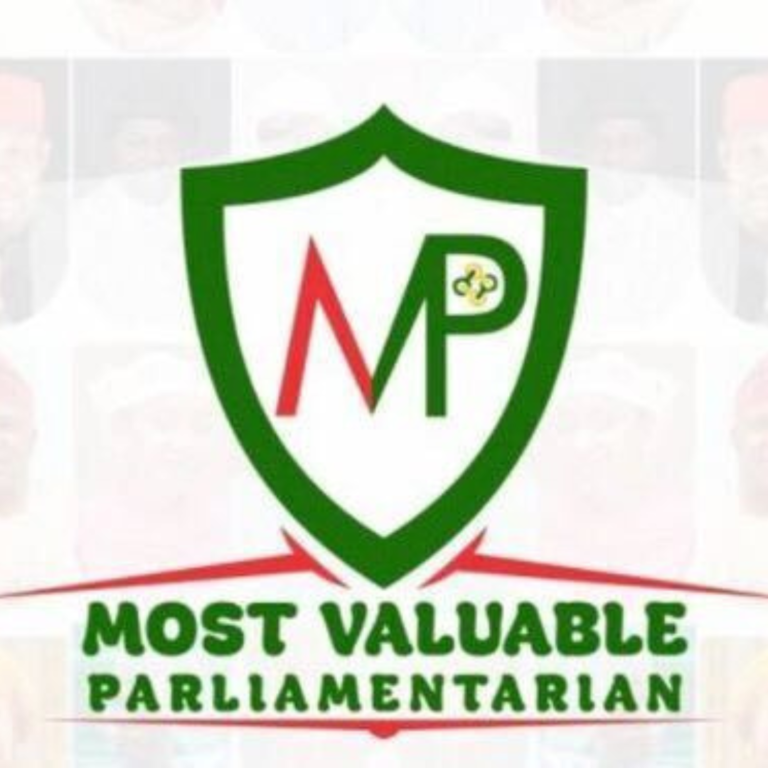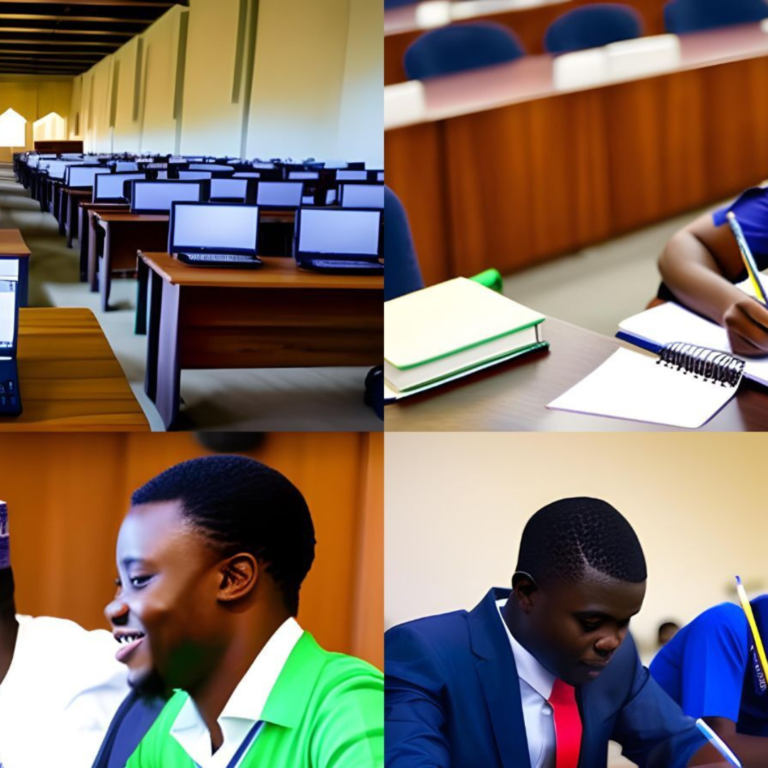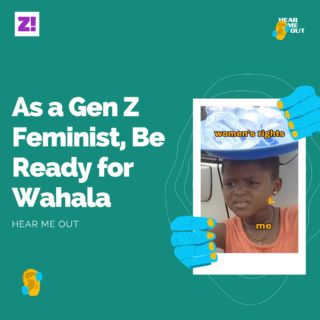On Friday, June 4 2021, the Federal Ministry of Information and Culture announced the suspension of Twitter operations in Nigeria indefinitely.
There are concerns that the ban is an attempt to restrict freedom of speech and expression because this is not the first time the government has done this. Here are seven other times since Nigeria’s independence in 1960 where the government has made a mockery of free speech.

1. 1967 — Imprisonment
In 1967, Nigerian author Wole Soyinka was arrested and imprisoned for twenty-eight months for commenting about the state of the country shortly before the Biafran genocide.
2. 1984 — Decree Number 4
In 1984, Muhammad Buhari who was head of state at the time passed Decree Number 4, The Protection Against False Accusations Decree which criminalised publishing any statement or rumour that brought the government or any public officer to ridicule.
3. 1986 — Assassination
In October 1986, Nigerian Journalist and editor-in-chief of the defunct Newswatch, Dele Giwa was assassinated by a letter bomb for exposing corrupt and illegal practices of the Nigerian government.
4. 2016 — Cyber Security Law
In September 2016, several investigative journalists and bloggers were arrested, detained and charged under Nigeria’s Cyber Security Law with some of them being accused of criminal defamation.
5. 2019 — Communications License Suspension
In June 2019, the National Broadcasting Commission suspended the license of Daar Communication Plc, a media and entertainment company owned by Raymond Dokpesi, a principal member of the opposition party, PDP. The company was accused of airing inciting broadcasts and media propaganda against the government. In the same month, State Security Services announced a crackdown on social media users for allegedly posting inciting materials threatening the stability of the country on the internet.
6. 2019 — Anti-Social Media Bill
In November 2019 the Nigerian senate proposed the Social Media Bill to restrict the use of social media in transmitting information. Though the bill has not been passed into law, it is another attempt to stifle free speech.
7. 2020 — #ENDSARS Protests
In October 2020, after thousands of Nigerian youths protested online and offline, calling for an end to police harassment and brutality, the Central Bank of Nigeria froze the accounts of individuals publicly linked to the #EndSARS protest. Travel documents of some of the protesters were seized and some were arrested and charged for criminal incitement.




